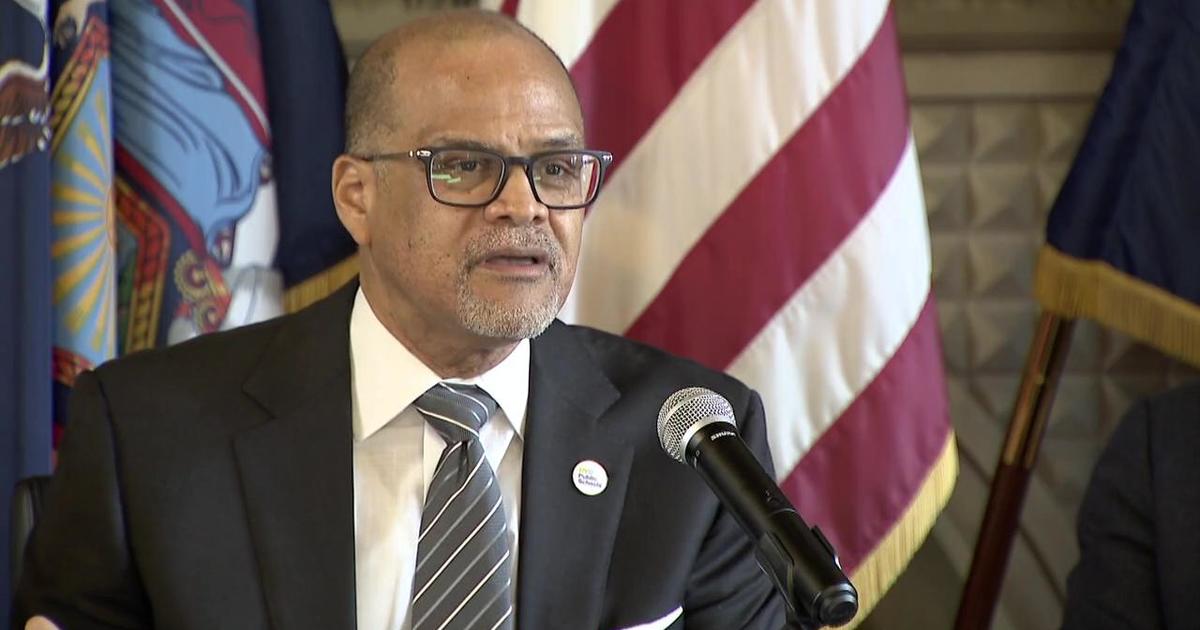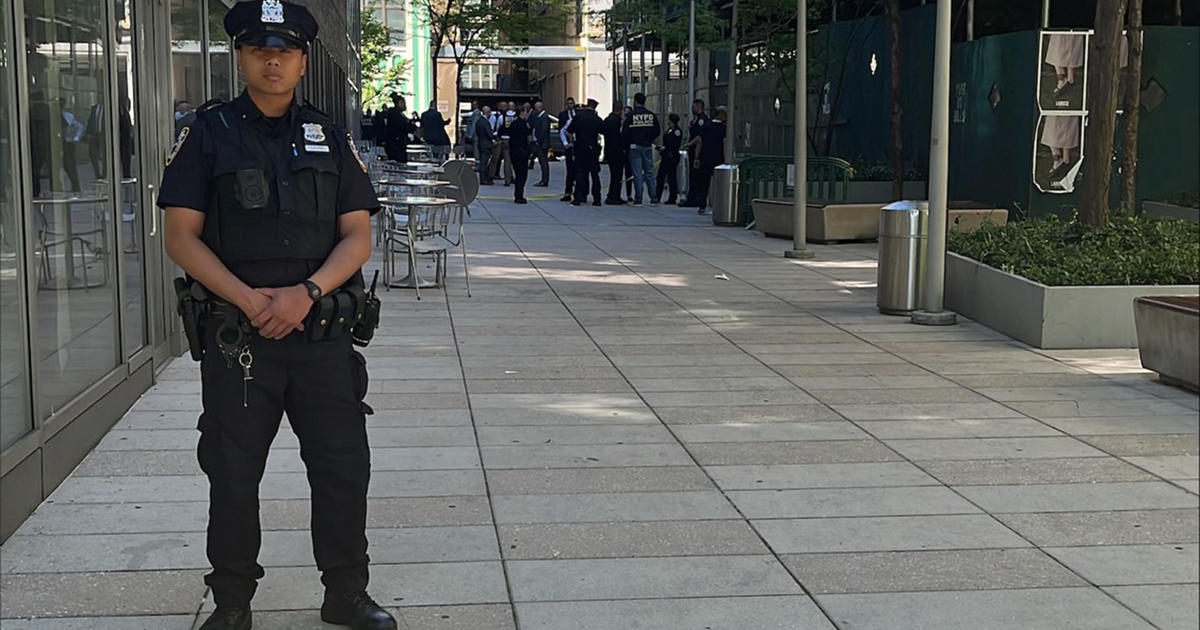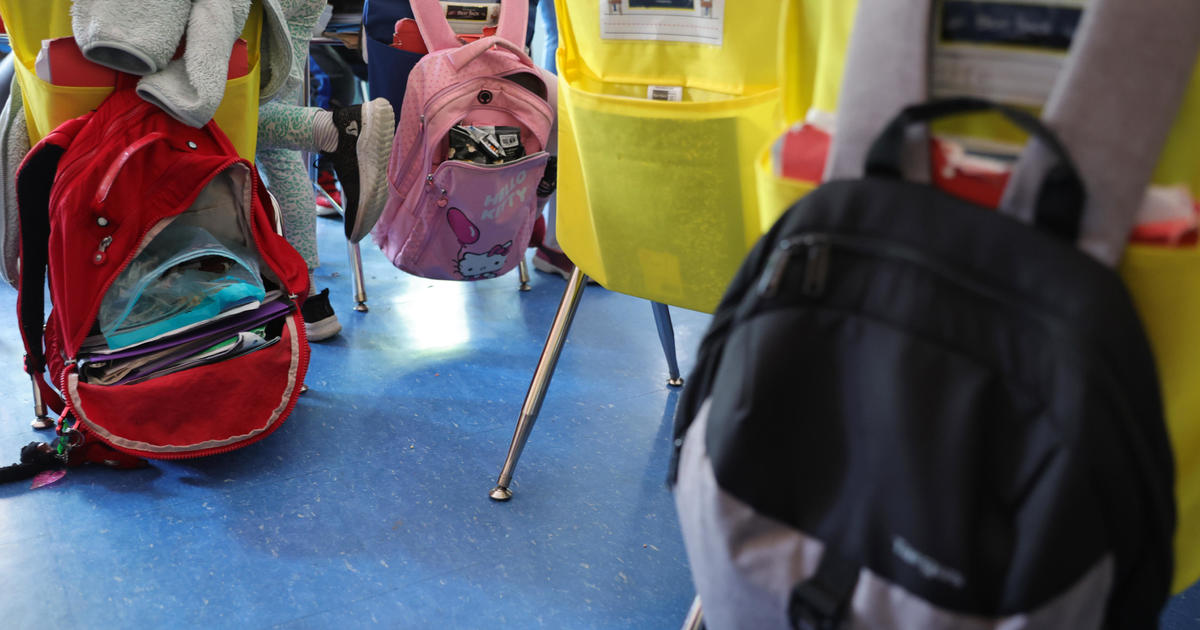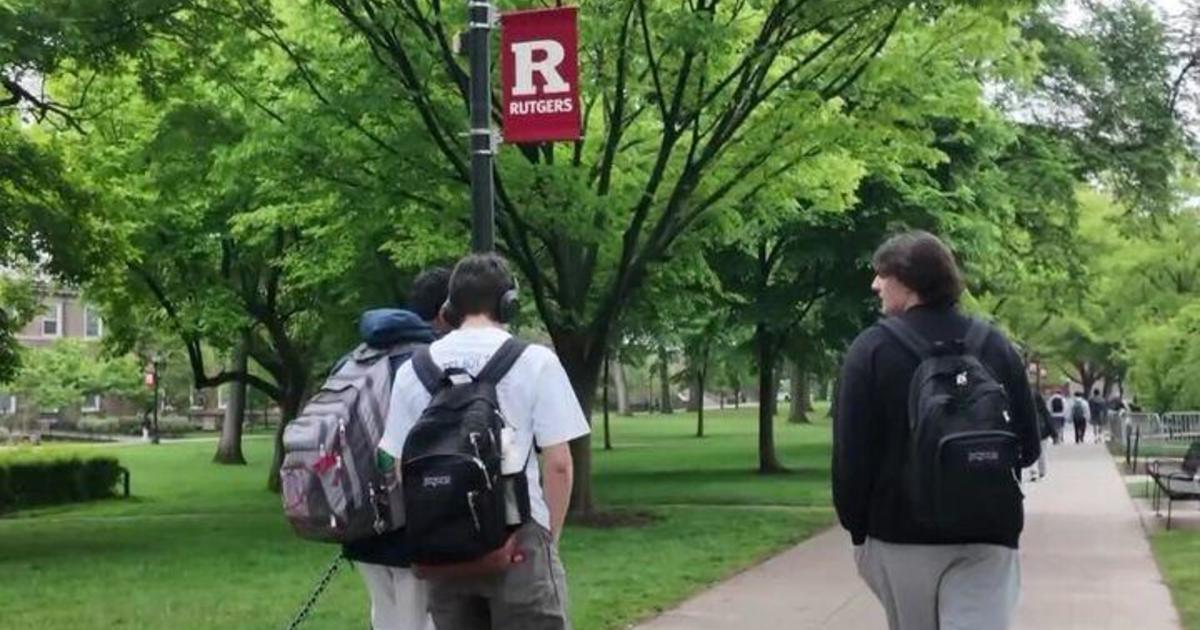Lawsuits Filed In Connection With Metro-North Derailment
NEW YORK (CBSNewYork) – The first lawsuits have been filed in the deadly Metro-North derailment as some victims say the tragedy should have been prevented.
As CBS 2's Dick Brennan reported Thursday, the attorney for three survivors of the crash claims that until this year, the railroad failed to begin work on a positive train control system that could have possibly prevented the speeding train from derailing.
"In fact they've been lobbying Congress for more time to install the systems," attorney Michael Lamansoff said.
In 2008, Congress passed a measure requiring PTC systems to be installed on all rail lines by the end of 2015.
Lawsuits Filed In Connection With Metro-North Derailment
Metro-North, however, said it began work on its PTC system in 2009 and budgeted $600 million for the installation.
"Implementing PTC by the 2015 deadline will be very difficult for the MTA as well as for other commuter railroads. Much of the technology is still under development and is untested and unproven for commuter railroads the size and complexity of Metro-North and Long Island Rail Road," Metro-North said in a statement.
Among those who are suing are Denise Williams and Kellon McFarlane. The survivors told Brennan of their harrowing ordeal.
McFarlane said he had just finished reading his bible, and started to nap, when he heard a loud crash.
"I remember the sound of breaking glass popping, metal rubbing against and dust coming through the window," said McFarlane.
"I just didn't know what was going to happen to me. It was awful," Williams added.
"In her words, her body was being tossed around like a basketball," Williams' sister told 1010 WINS' Eileen Lehpamer.
James Lovell, Donna Smith, James Ferrari and Kisook Ahn lost their lives and more than 60 were injured when the train carrying them to New York City took a 30 mph curve at 82 mph and derailed, officials said.
The victims' attorney filed a notice of claim in state Supreme Court, but has not said how much in damages the survivors are seeking.
Meanwhile, prosecutors are facing tough choices when deciding whether to bring criminal charges against the train's engineer, who told investigators he nodded or fell into a daze at the controls.
Legal experts say drowsy driving isn't necessarily a crime, and it can be tough to prosecute drivers who nod off unless there are extra factors at play, such as drug use or brazen disregard for passenger safety. The prosecutor's office investigating the engineer recently failed to convict a bus driver of manslaughter in a 2011 crash that killed more than a dozen passengers, in part because his drowsiness wasn't accompanied by any such factors.
"There's a sentiment that when something terrible happens, you have to hold someone accountable criminally -- that's not always the case,'' said attorney Andrew Abramson, who represented a Staten Island Ferry pilot sentenced to 18 months in prison following a deadly wreck in 2003. "Sometimes there is a tragedy, and it's really a matter for the civil courts."
Federal and city investigators are gathering information about Sunday's train accident and likely will spend months analyzing the conduct of engineer William Rockefeller.
The accident happened at 7:20 a.m. Rockefeller's lawyer said the engineer had gotten up at 3:30 a.m. for his 5 a.m. shift after going to bed at 8:30 the previous night.
Rockefeller passed a blood-alcohol level breath test, officials said. His lawyer and union chief said he hadn't been using drugs or doing anything else reckless, such as using a phone while at the controls.
The NTSB is trying to build a timeline of what Rockefeller was doing in the 72 hours leading up to the accident, in part to determine whether he might have been sleep-deprived or suffering from an undisclosed health condition.
Bronx District Attorney Robert Johnson, who would handle any prosecution, has declined to comment publicly on the case and hasn't given a timeline on a decision about criminal charges. In past cases, prosecutors have commonly waited until the conclusion of the federal investigation to convene a grand jury.
You May Also Be Interested In These Stories:



